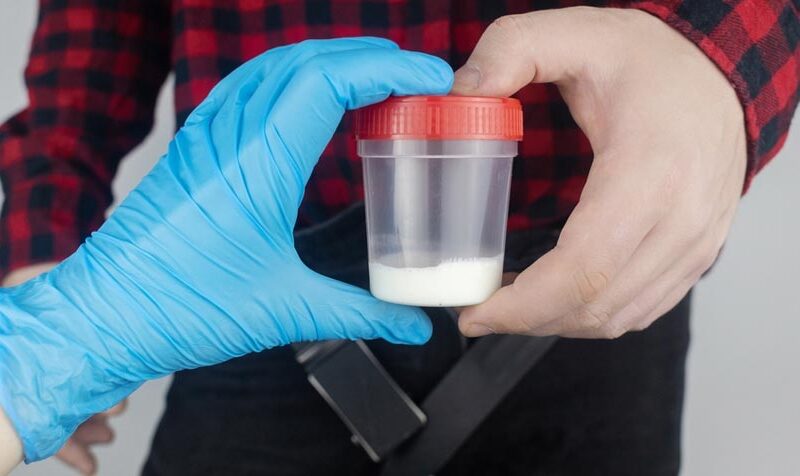Sperm donation is a common way for men to help couples facing fertility challenges while earning extra money. But one important question arises for many donors: Is the income from sperm donation taxable? Understanding the tax implications of sperm donation is crucial to avoid potential issues with the IRS. In this article, we’ll explore how sperm donation is treated from a tax perspective and what donors need to know when filing their taxes.
How Does Sperm Donation Compensation Work?
Sperm donors are typically compensated for their time and the effort required in the donation process. Payment structures can vary based on the fertility clinic or sperm bank, but the compensation generally ranges between $70 to $150 per donation. Some clinics may offer bonuses for regular donations or long-term commitments. Payments may be made after each donation or accumulated and disbursed periodically.
Although the income from sperm donation may not seem like much, it adds up over time, especially for regular donors. This brings up the question: Is this compensation considered taxable income?
IRS Guidelines on Sperm Donation Income
According to the IRS, income from any source is generally taxable unless specifically exempted by law. Sperm donation compensation is no exception. The IRS treats the money received from sperm donation as taxable income. Under IRS Code Section 61, any compensation received for personal services, including sperm donation, must be reported as income.
If a sperm donor earns more than $600 in a calendar year from a single sperm bank or clinic, they will likely receive a 1099-MISC form. This form reports non-employee compensation and must be included when filing federal taxes. Even if donors do not receive a 1099 form, they are still responsible for reporting the income and paying taxes on it.
Federal vs. State Tax on Sperm Donation

Federal income tax applies to all compensation received from sperm donation. Donors are required to report this income on their federal tax returns, regardless of the amount.
State tax laws can vary, and some states may impose additional tax obligations on income earned through sperm donation. It’s important to check the specific tax regulations in your state to ensure compliance with local laws. For example, certain states may have different tax brackets or rules regarding income from donations.
Deductions and Tax Considerations for Donors
Although sperm donation income is taxable, donors may be able to deduct certain expenses related to the process. Some common deductions could include:
- Medical expenses: Costs associated with medical screenings and physical exams may be deductible.
- Transportation costs: Travel to and from the sperm bank could be deductible if it is a necessary part of the donation process.
- Lost wages: If a donor misses work to attend appointments, they may be able to deduct the lost income.
To claim these deductions, it’s important for donors to keep detailed records of their donations, including receipts for travel, medical bills, and any other related expenses. Consulting a tax professional can help donors maximize their deductions while staying compliant with tax laws.
Frequently Asked Questions (FAQs)
Do I Need to Pay Taxes If I Donate Sperm Only Once?
Yes. Even if you donate sperm only once and receive compensation, you are required to report that income on your tax return. There is no minimum threshold for reporting income.
What Tax Form Do I Use to Report Sperm Donation Income?
If you earn over $600 from a sperm bank in a year, you will likely receive a 1099-MISC form. This form reports non-employee compensation, and you should include it when filing your taxes. However, even if you do not receive this form, the income must still be reported.
Can Sperm Donation Be Considered a Gift and Is It Tax-Exempt?
No. Compensation received for sperm donation is not considered a gift. It is payment for a service and is therefore taxable.
What Happens If I Fail to Report Sperm Donation Income?
Failure to report any income, including sperm donation compensation, can result in penalties, interest, or an audit by the IRS. It’s essential to report all income accurately to avoid issues.
Final Thoughts on Sperm Donation Income and Taxes
Sperm donation can be a rewarding way to help families while earning extra money, but it’s important to understand the tax responsibilities that come with it. The IRS views sperm donation compensation as taxable income, and donors must report it accordingly. By keeping good records, reporting all income, and taking advantage of eligible deductions, donors can stay compliant with tax laws and avoid potential penalties.






